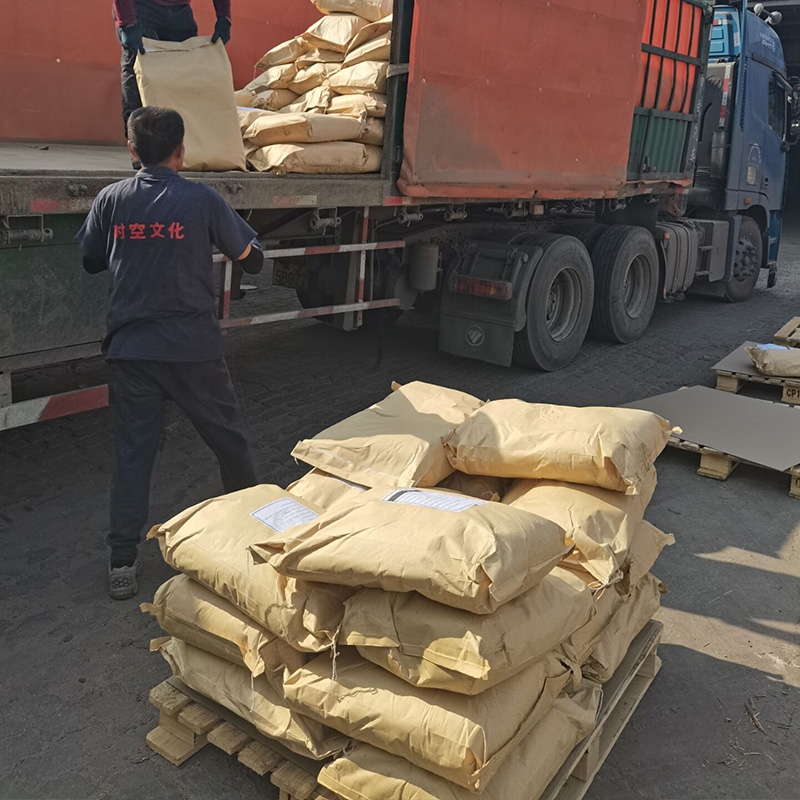-
Categories
-
Pharmaceutical Intermediates
-
Active Pharmaceutical Ingredients
-
Food Additives
- Industrial Coatings
- Agrochemicals
- Dyes and Pigments
- Surfactant
- Flavors and Fragrances
- Chemical Reagents
- Catalyst and Auxiliary
- Natural Products
- Inorganic Chemistry
-
Organic Chemistry
-
Biochemical Engineering
- Analytical Chemistry
-
Cosmetic Ingredient
- Water Treatment Chemical
-
Pharmaceutical Intermediates
Promotion
ECHEMI Mall
Wholesale
Weekly Price
Exhibition
News
-
Trade Service
Yimaitong compiles and arranges, please do not reprint
without authorization.
Guide
Indicators that accurately predict the prognosis of cancer patients are critical
for clinicians to develop the most appropriate treatment strategy and follow-up plan.
Research background
The Prognostic Nutrition Index (PNI), a novel method to assess a patient's immune and nutritional status based on serum lymphocyte count and
of patients
However, due to differences in sample size, patient characteristics, and other factors in existing studies, the effect of PNI on the prognosis of RCC still needs to be further explored
.
To this end, Korean researchers conducted this meta-analysis to assess the diagnostic accuracy and application value
of PNI as a prognostic factor in RCC based on available data.
Study design
Based on the systematic review and meta-analysis priority report entry (PRISMA) statement, the investigators conducted systematic and comprehensive searches of relevant literature in PubMed, Web of Science, Cochrane Library and EMBASE databases, constructed research questions according to PICO principles and screened
literature.
The PNI value was calculated by formula× albumin concentration (g/dL) + lymphocyte count (/mm3) × 0.
005, and its sensitivity, specificity, comprehensive receiver operating characteristic curve (SROC) and area under the curve (AUC)
were evaluated.
Study results
The meta-analysis included 11 studies
with a total of 7296 RCCs.
Pooled analysis of PNI on the prognostic value of RCC showed a sensitivity of 0.
733 (95% CI 0.
651-0.
802), specificity of 0.
615 (95% CI 0.
528-0.
695), a diagnostic odds ratio (DOR) of 4.
382 (95% CI 3.
148-6.
101), and an AUC of 0.
72 (95% CI 0.
68-0.
76).
Fig.
1 Forest plot of PNI sensitivity and specificity for RCC prognostic value
The results of subgroup analysis showed that the presence or absence of metastasis and the PNI cut-off value (≥50 vs <50) affected the diagnostic accuracy<b10> of PNI in RCC.
Multivariate meta-regression showed significant differences in sensitivity and specificity between PNI and non-metastatic RCC groups (p=0.
035).
Table 1 Univariate and multivariate meta-regression analysis results
Conclusion of the study
This study shows that PNI shows good diagnostic accuracy as a prognostic indicator of RCC, especially in
metastatic RCC.
Editor's comments
PNI is an economical, simple, efficient, and widely used predictor of nutritional and immune status and has been shown to correlate with
the prognosis of a wide range of tumors.
The findings further support that PNI can help clinicians predict clinical outcomes for RCC and warrant clinical rollout
.
References:
Shim SR, Kim SI, Kim SJ, Cho DS.
Prognostic nutritional index as a prognostic factor for renal cell carcinoma: A systematic review and meta-analysis.
PLoS One.
2022 Aug 5; 17(8):e0271821.
doi: 10.
1371/journal.
pone.
0271821.
PMID: 35930538; PMCID: PMC9355260.







